
Dennis Cheeseman sent in these great photos taken at DeKorte this week and we’ve very appreciative! Wonderful work Dennis!
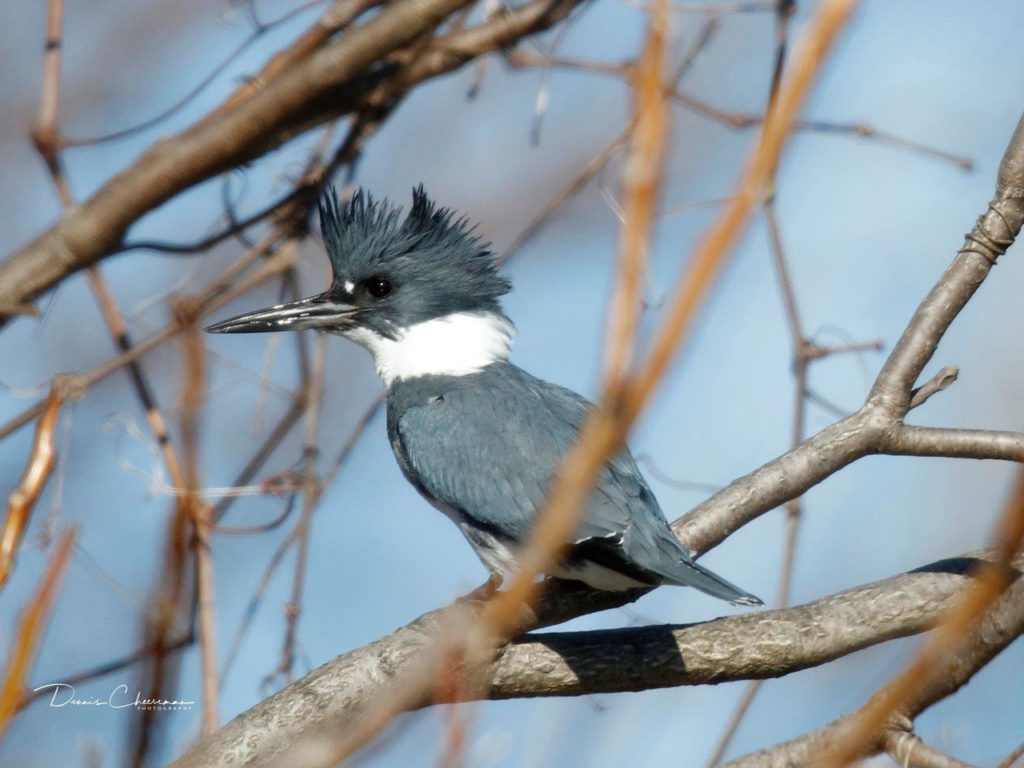

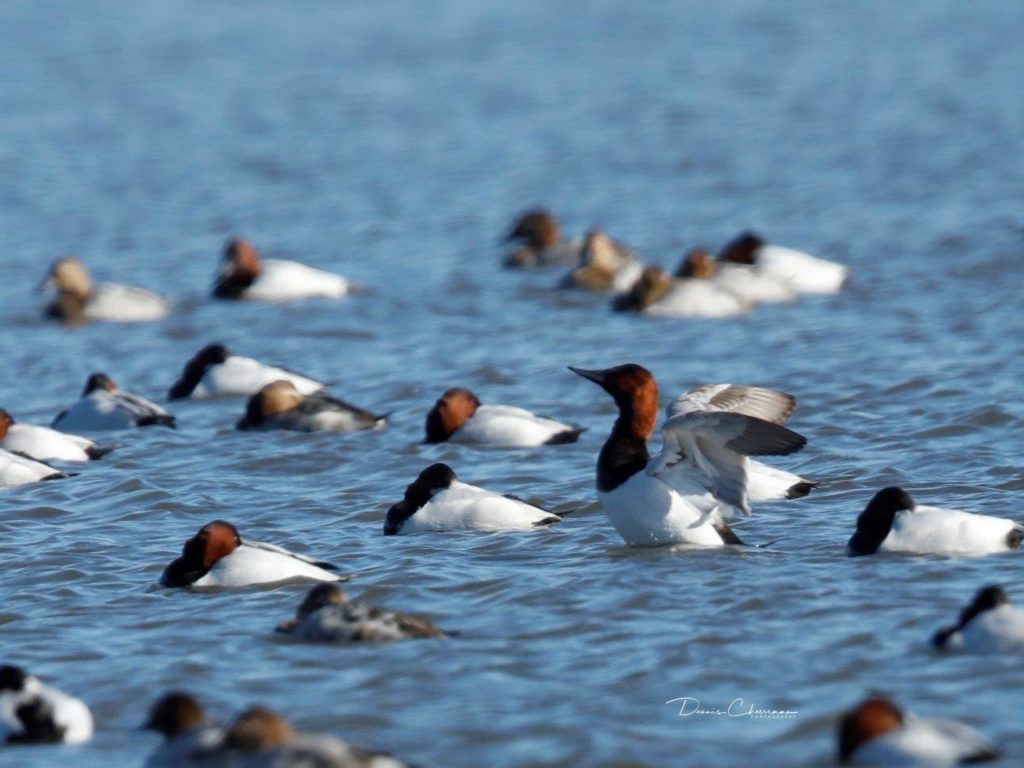

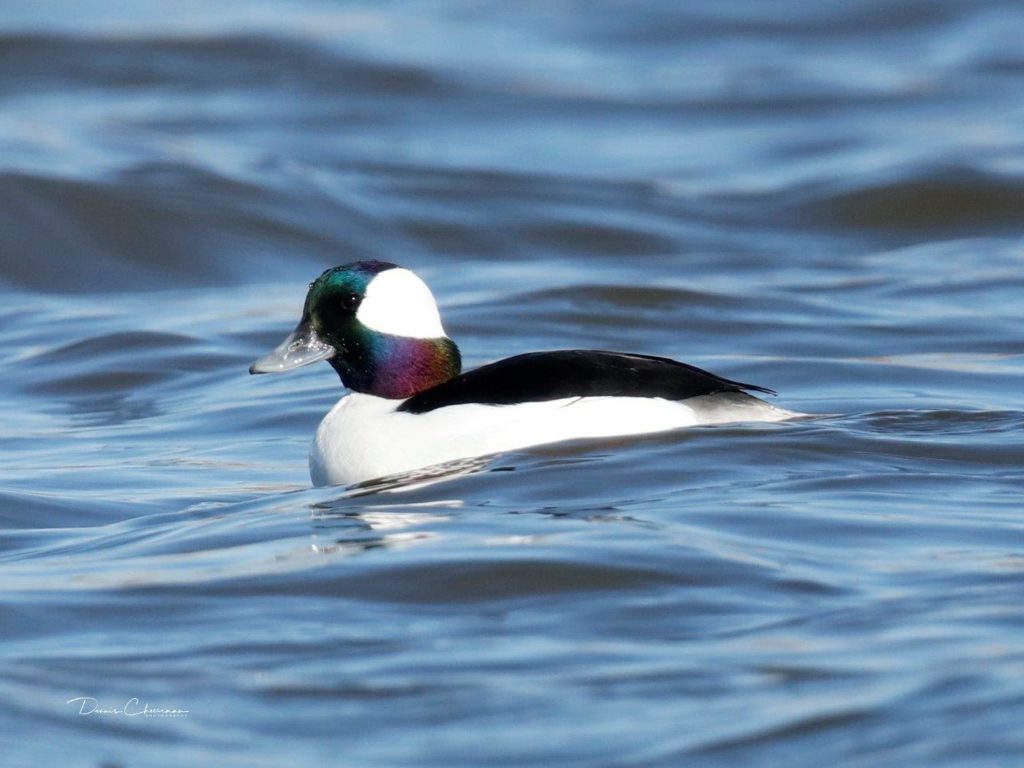
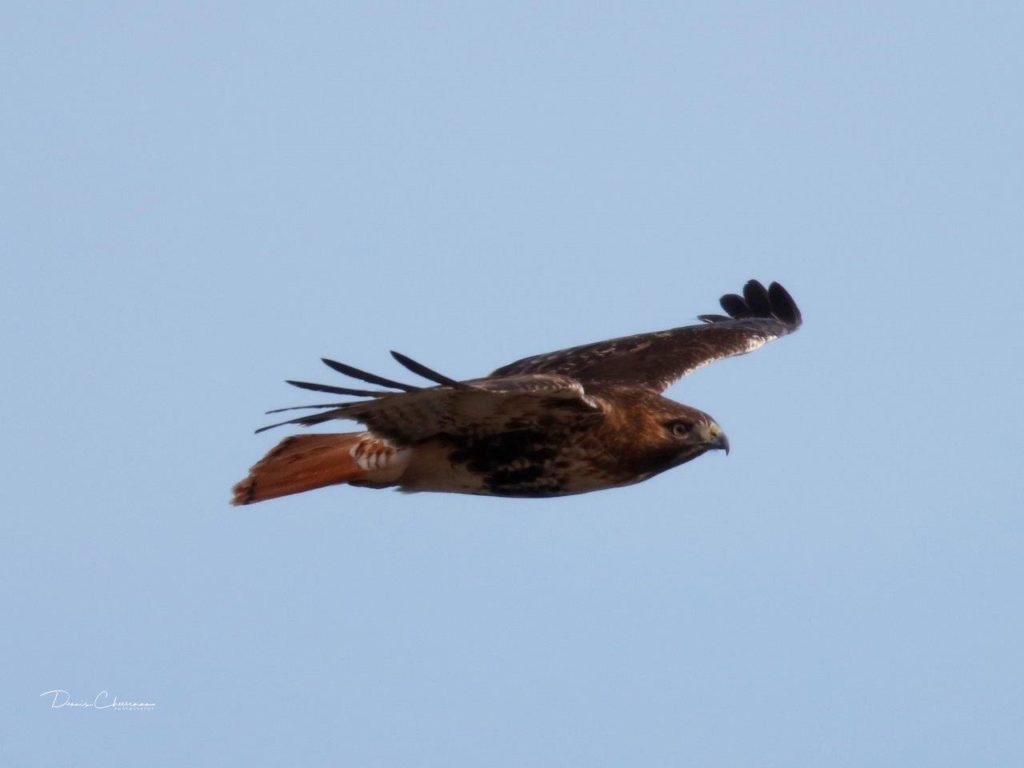
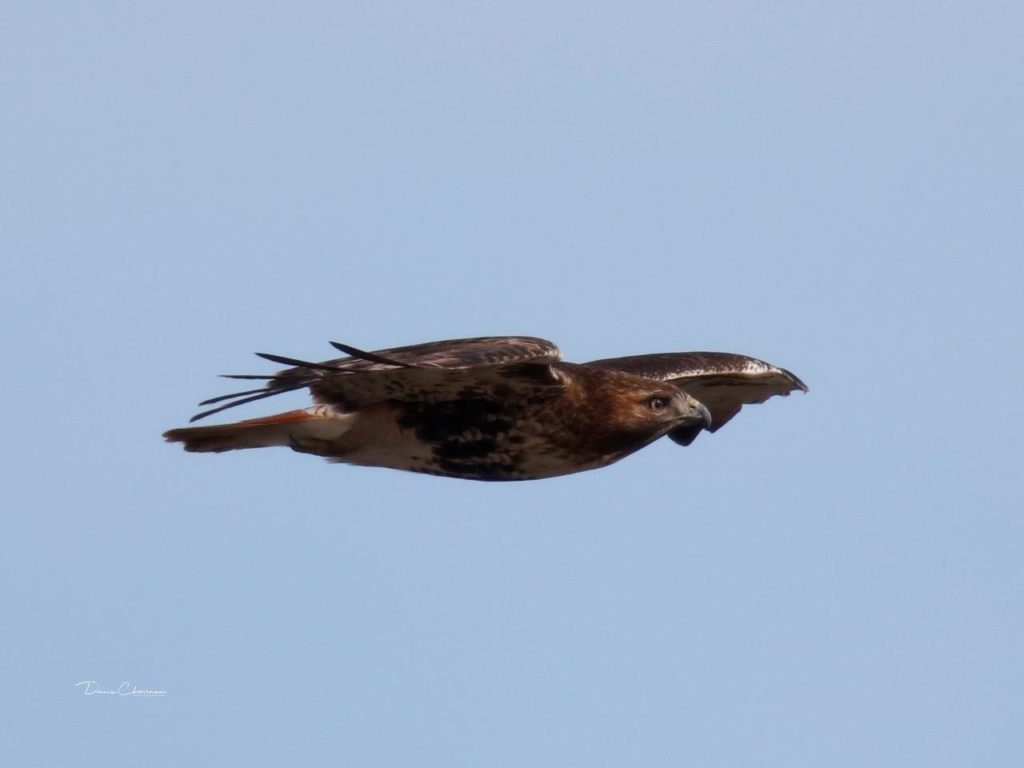


Dennis Cheeseman sent in these great photos taken at DeKorte this week and we’ve very appreciative! Wonderful work Dennis!







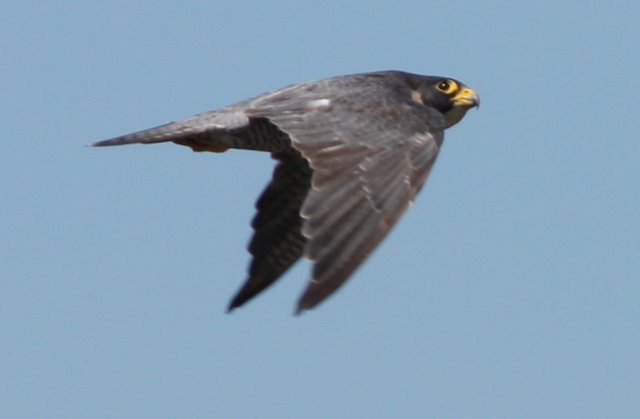
Enjoy nature before settling in for the big game this Sunday (Feb. 2)!
The Bergen County Audubon Society is leading a walk at DeKorte Park in Lyndhurst during which prizes will be awarded to the first people who identify birds with the same names as National Football Leauge teams: Falcon, Cardinal, Raven, Eagle, Seahawk (osprey), Giant (great) egret and Giant (great) blue heron.
The walk runs from 10 am to noon. For more information contact Don Torino at greatauk4@gmail.com or 201-230-4983.

Many thanks to Mickey and Elaine Raine for these photos taken over the past two days capturing the absolute beauty of DeKorte Park in Lyndhurst, including the Sept. 11 Memorial Cove above, the park’s Gazebo below and an example of the spectacular views of New York City to be had.
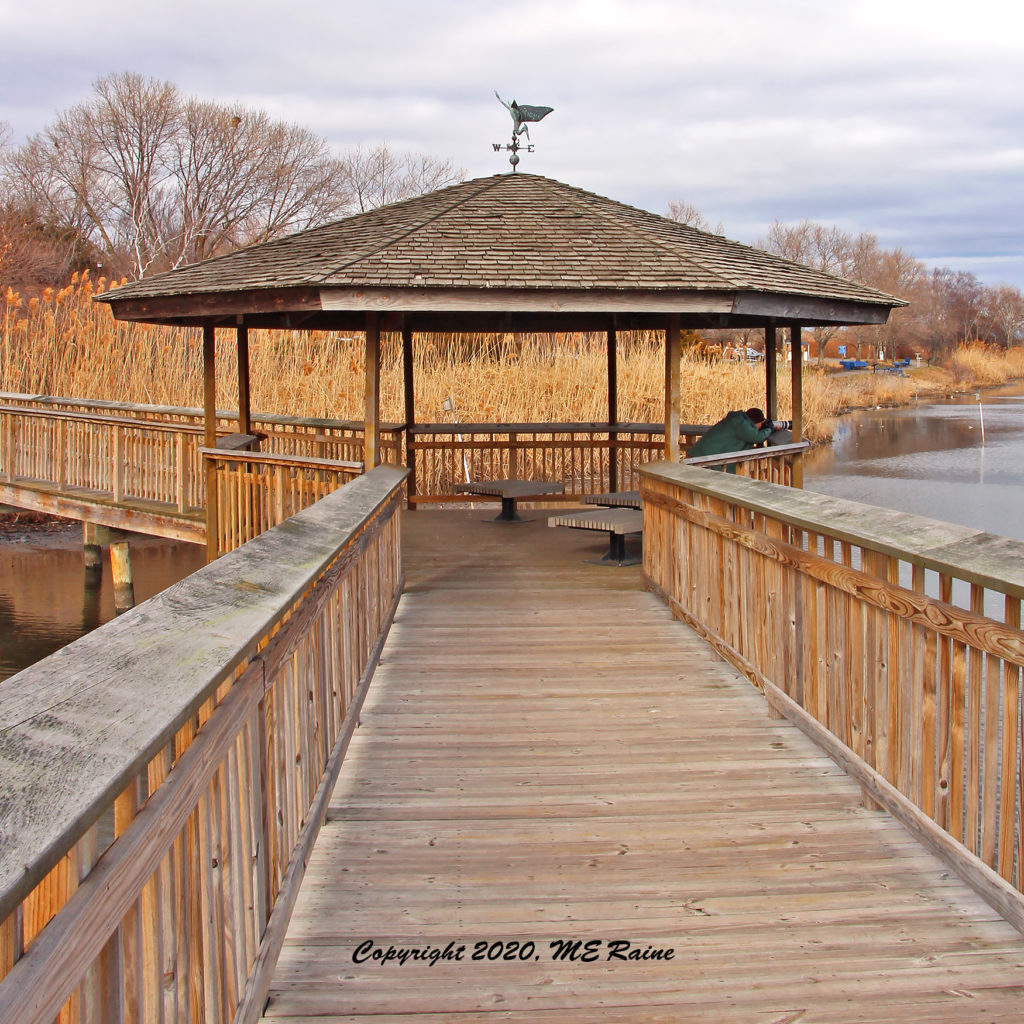
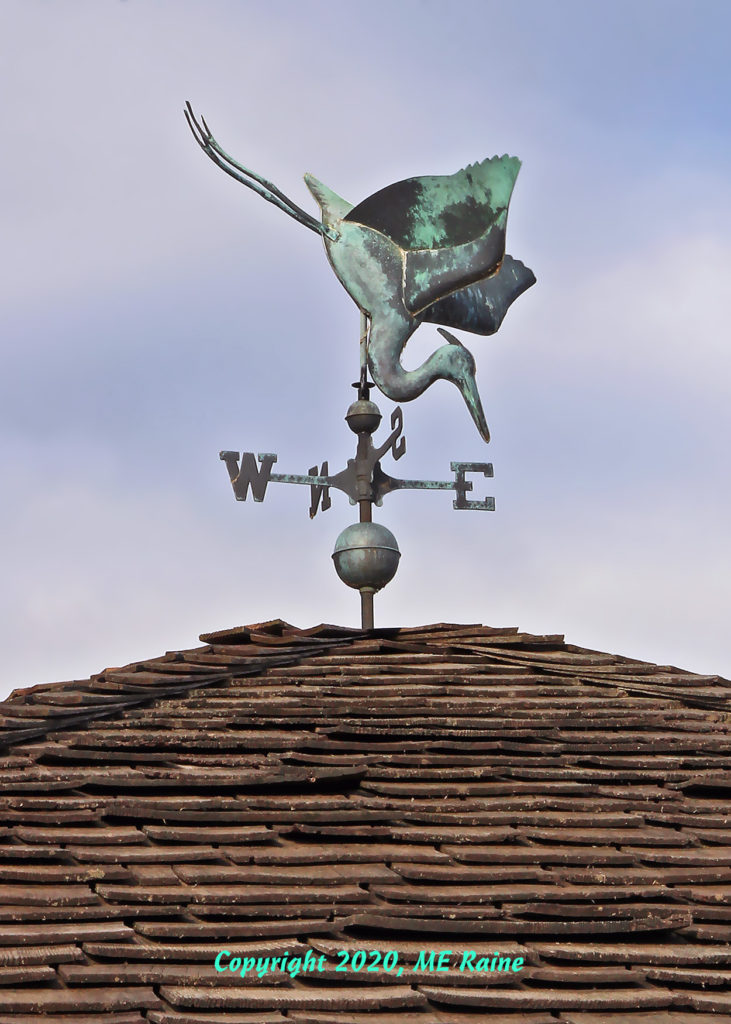

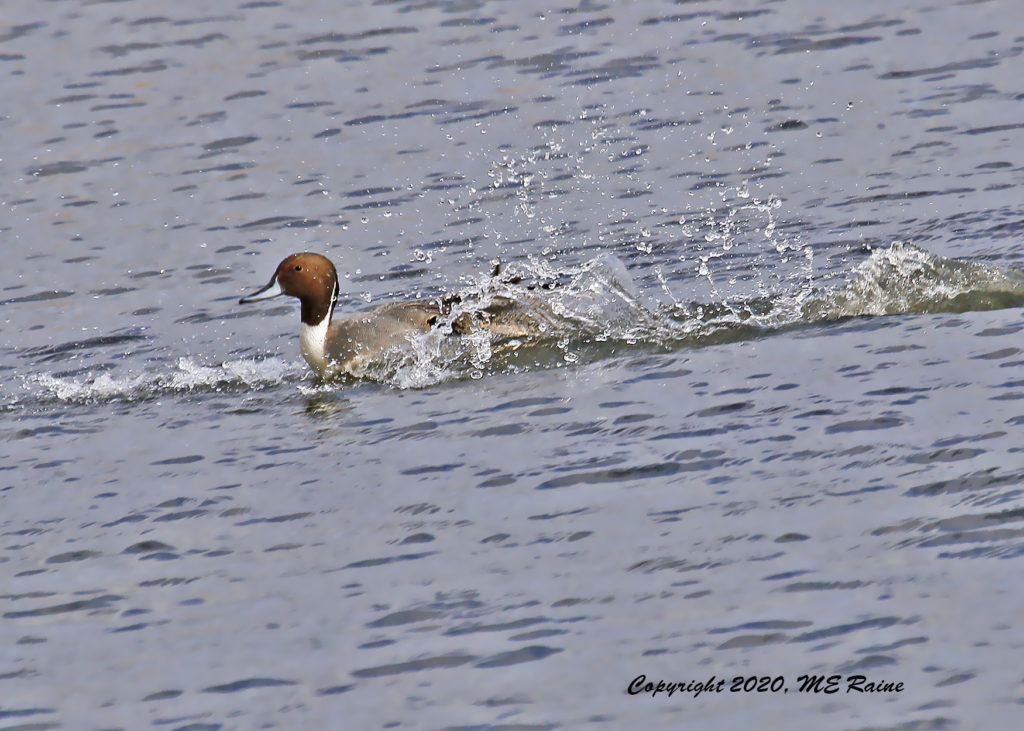
This Northern Pintail is motoring! Thanks to Mickey Raine for this great array of Pintails and Shovelers taken at DeKorte Park yesterday!


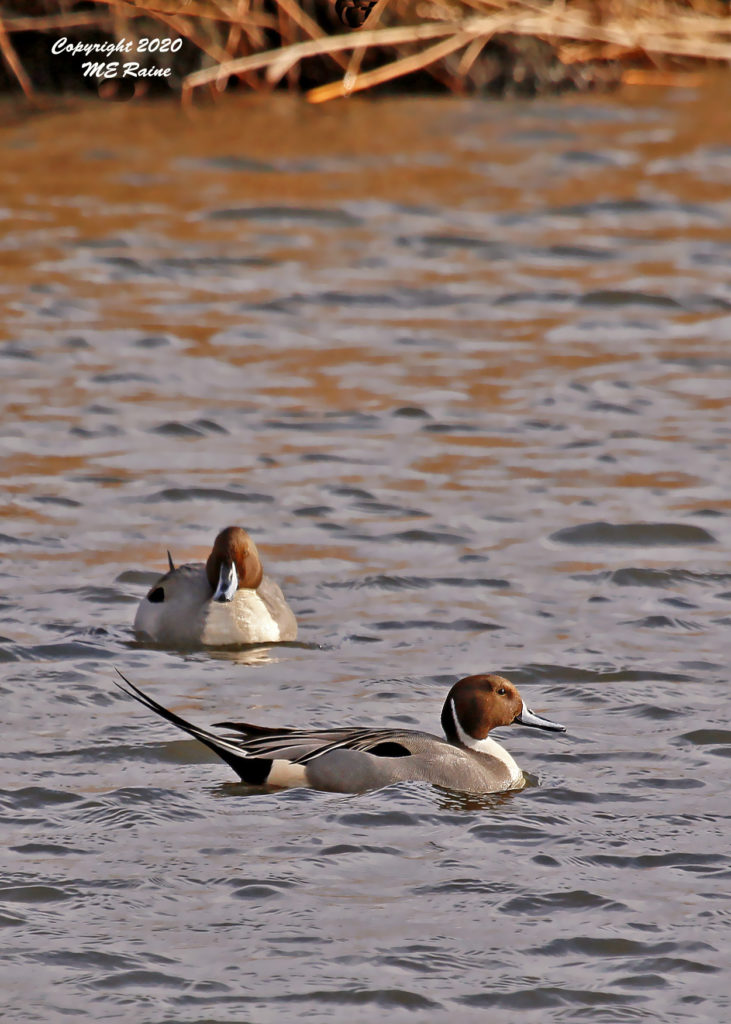

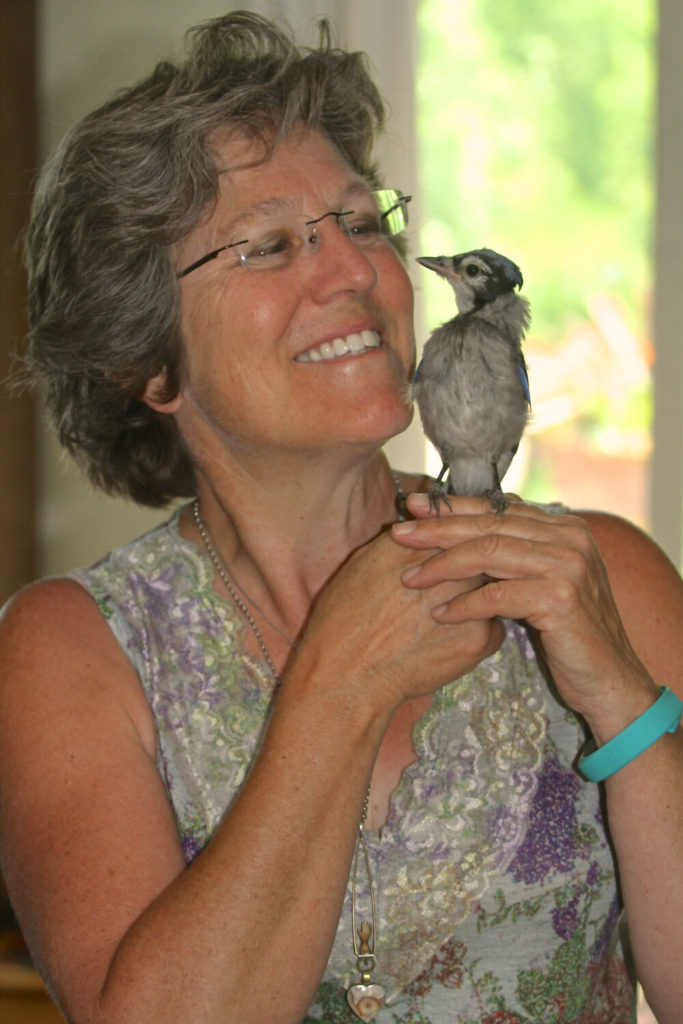
The Bergen County Audubon Society is holding two great events this May!
Sunday, May 3 is the BCAS’ First Endangered Species Day, at DeKorte Park in Lyndhurst. There will be talks, walks, kid’s activities and more. We’ll be on the lookout for the Meadowlands’ many endangered, threatened and species of special concern including Peregrine Falcons, Northern Harriers, Red-shouldered Hawks, Osprey and more. Time and schedule to come.
Then, on Saturday, May 16, the BCAS is hosting a talk by writer, naturalist and artist Julie Zickefoose. Julie is the author of several books focusing on birds. Her latest book, “Baby Birds: An Artist Looks Into the Nest,” is the product of 13 years of deep involvement and close observation of nestling birds. For more information on Julie click here Time of the talk is to be announced.

Enjoy nature before settling in for the big game this Sunday (Feb. 2)!
The Bergen County Audubon Society is leading a walk at DeKorte Park in Lyndhurst during which prizes will be awarded to the first people who identify birds with the same names as National Football Leauge teams: Falcon, Cardinal, Raven, Eagle, Seahawk (osprey), Giant (great) egret and Giant (great) blue heron.
The walk runs from 10 am to noon. For more information contact Don Torino at greatauk4@gmail.com or 201-230-4983.

By now we are all well aware of the sad news about declining bird populations. A recent study says that we have lost 3 billion birds since 1970- https://www.allaboutbirds.org/news/vanishing-1-in-4-birds-gone/?__hstc=161696355.e61e69055bd54162f371a4ae6ab97ff1.1576695100379.1576695100379.1579463581305.2&__hssc=161696355.1.1579463581305&__hsfp=645916085#_ga=2.25959294.2119829697.1579463579-1431456943.1576695097 . That is one out of every four birds that no longer exist in our State, communities and backyards. And make no mistake; these are not some rare, exotic birds that you only see on trips around the world. These are our very own finches, sparrows and raptors that have been in steep decline for decades.
Although there are many complex reasons for this heartbreaking news, we have to understand that many of the habitats that birds need to survive have either been destroyed or have been degraded so badly that they cannot support the biodiversity need to sustain avian life.
If we are to start searching for the culprits and better yet for solutions, we only need to open our back doors and take a closer look outside. There, in a miniature version of our overall natural habitat, we will find our ecological disaster staring us back in the face.
The first thing we may see when we take a closer look are the non-native and even invasive plants that dominate suburban homes. These plants, which look green and lush, give us a false sense of a healthy backyard. But in reality they totally fail to be of any benefit to our birds, butterflies and pollinators. And since migratory birds depend on our backyards as migratory stepping stones they are forced to stop in place with no food that would otherwise give them the strength to continue on their long arduous journey.
Imagine you are driving along the highway and pull over to a rest stop. All the signs say Stop food and fuel but then you realize they are actually devoid of food and gas. Obviously you will not be going too far from that point on. It’s the same with our birds. Add to that the loss of available nesting places such as dead trees which are immediately removed sometimes for safety reasons but many times for neatness and appearance purposes and multiply that with the lack of available clean water sources that for the most part have disappeared from many suburban towns and you begin to see the bigger picture of what has happened not only to our local bird populations but to birds all over. And now the dire situation is being worsened by climate change.
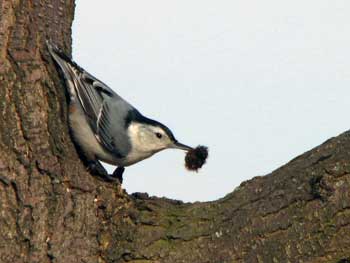
Case in point: Hurricane Sandy, which devastated my local community and took its toll on the good folks that lived there. But the real damage to the environment came later as more trees were cut down as people, entire communities and insurance companies became afraid of falling trees on and near homes. As a result I no longer get birds like Chickadees and Nuthatches to my backyard as the local environment cannot sustain them. Multiply that by the surrounding towns and you have a recipe for bird disaster.
And if that is not enough birds are dying from pesticides, window strikes and feral cats right in our own backyards. I know it is tough for us to hear but it’s not hard to grasp that what is happening in and around our yards is happening nationwide on a much larger scale.
Some will say that I am over simplifying the problem. So yes, absolutely we need to tackle climate change, save the rainforests in Central and South America, stand up to save, protect and restore natural habitats in our town, State and Nationwide, but we also need to remember ecology begins at home and a good place to begin to bring back our bird populations is right in your own backyard.
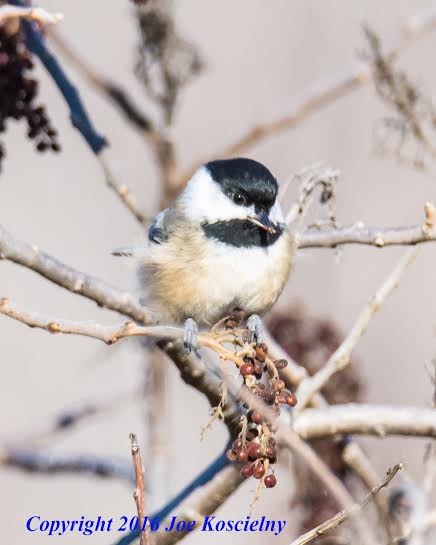
But this report should not bring us down. Rather it should inspire us and be a rallying cry for a new beginning because there are many things we can do today right now to turn the tide and help our birds have a better future. There are a few simple things you can do right now.
Let me know what you are doing or have done to make your backyard and local community more bird friendly. You can e-mail me at Greatauk4@gmail.com

Students from Harrison’s Washington Avenue School and Harrison Middle School last month had a fun, up-close experience learning to prepare healthy meals on the Meadowlands Environment Center’s Mobile Food Lab.
The program, taught in a converted school bus, encourages healthy eating habits and a curiousity among students in food science and nutrition. The Harrison students learned about the Sense of Taste, the Sense of Smell, created a bird’s nest salad, constructed a Garden in a Bottle and Tested for Vitamin C in Liquids. As you can tell from these videos and photos they had a great time! Thanks to teacher Karen Cristalli for sending these great videos and photos!
For more information on the Mobile Food Lab and how to bring it to your school click here


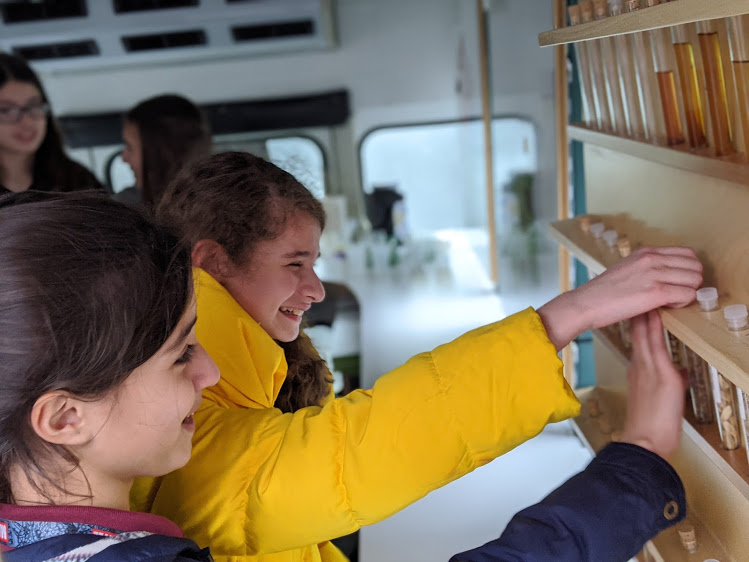









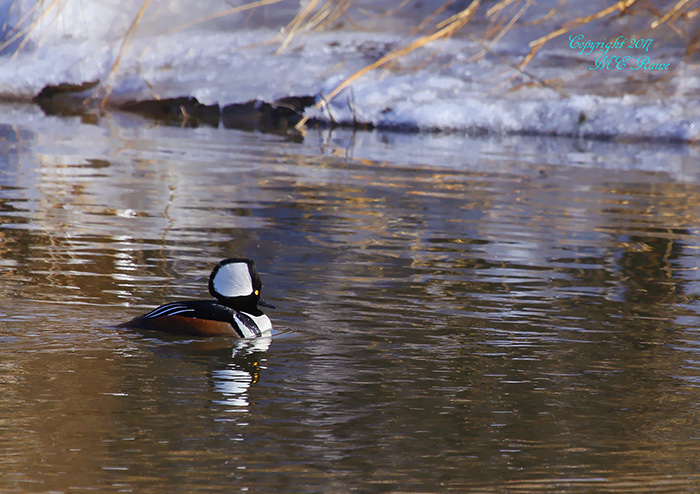
Join the Bergen County Audubon Society next Tuesday (Jan. 21) for a guided walk through Losen Slote Creek Park and the Mehrhof Pond Wildlife Observation Area, both in Little Ferry. The walk goes from 10 am to noon.
Losen Slote Creek Park is one of the last lowland forests in the Meadowlands and the nearby Mehrhof Pond Wildlife Observation Area is a great place for bird watching. For more info contact Don Torino at 201-230-4983.